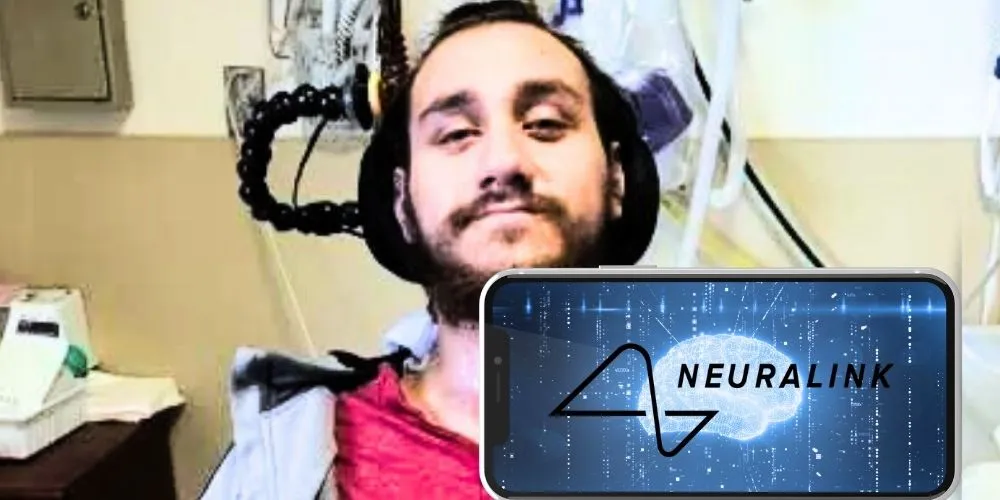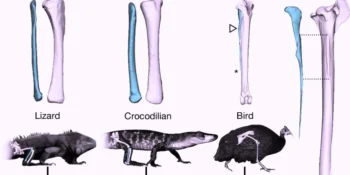Key Points:
- Neuralink’s live demonstration showcased a patient using the brain implant to control a computer mouse and play chess.
- Noland Arbaugh, the first human recipient of Neuralink’s device, highlighted the procedure’s ease and transformative impact.
- Brain-computer interface technology aims to assist individuals with severe paralysis in controlling external devices using neural signals.
- After FDA approval, Neuralink initiated its first-in-human clinical trial but has provided limited details about its scope and objectives.
On Wednesday, Elon Musk’s brain-machine interface startup, Neuralink, showcased a live video featuring a patient utilizing the company’s brain implant to control a computer mouse and play chess. Noland Arbaugh, 29, the first human recipient of Neuralink’s device, demonstrated its capabilities. Neuralink aims to develop a brain-computer interface (BCI) to assist patients with severe paralysis control external devices using neural signals.
Arbaugh, who became quadriplegic following a diving accident eight years ago, underwent surgery to receive Neuralink’s implant. Despite requiring the removal of a portion of the skull for electrode insertion, Arbaugh described the procedure as “super easy” and was discharged from the hospital the following day. While acknowledging some challenges, Arbaugh emphasized the life-changing impact of the implant.
BCIs decode brain signals into commands for external technologies, potentially enabling individuals with conditions like ALS to communicate or navigate digital interfaces using their thoughts. Several companies, including Paradromics, Synchron, Blackrock Neurotech, and Precision Neuroscience, have developed similar BCI systems, but Neuralink’s visibility is heightened due to Elon Musk’s involvement.
Dr. Nader Pouratian, chair of Neurological Surgery at UT Southwestern Medical Center, noted the ongoing development and study of BCI technology. He highlighted the complexity of interpreting brain signals effectively and emphasized the importance of transparency in advancing the field.
Neuralink initiated its first-in-human clinical trial after FDA approval in May 2023. Although details about the trial remain limited, including the number of participants and trial objectives, Elon Musk has updated the company’s progress through social media. However, Neuralink has not disclosed information on clinical trials via established platforms like clinicaltrials.gov.
Dr. Marco Baptista, chief scientific officer of the Christopher & Dana Reeve Foundation, expressed optimism about Neuralink’s potential to benefit patients with paralysis. However, he stressed the need for scientific transparency and peer-reviewed publications to thoroughly assess the technology’s efficacy.












